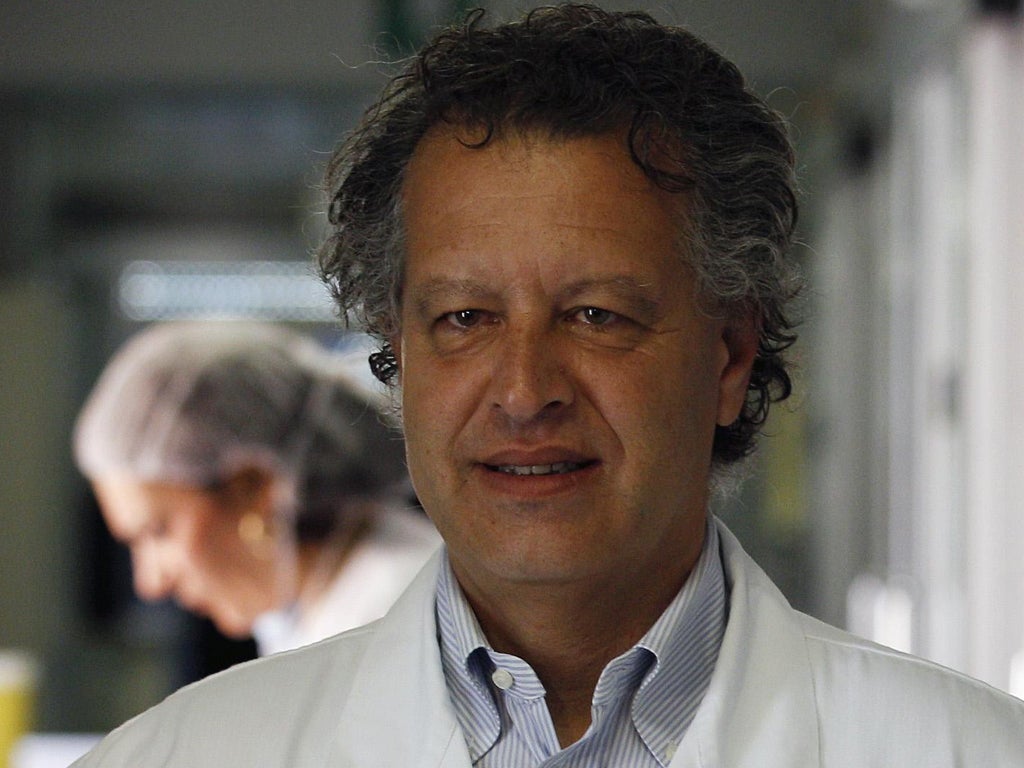Baby saved after doctors use smallest man-made heart
Pioneering device enabled 16-month-old to stay alive for 13 days before transplant

Last-minute co-operation between doctors and medical authorities in Italy and the US enabled surgeons in Rome to transplant the world's smallest artificial heart – and save the life of a 16-month-old baby.
The tiny titanium device, weighing just 11 grams, was given to the infant in a pioneering eight-hour operation in March, surgeons at the Bambino Gesù paediatric hospital announced this week.
The decision to transplant the experimental US-designed heart made it possible for the baby, whose identity and sex have not been disclosed, to survive for 13 days before receiving a real heart.
"The operation was extremely complex and the child subsequently underwent a heart transplant, but currently, two months after surgery, the child is doing well and is in excellent health," said Dr Antonio Amodeo, the surgeon who led the procedure. The parents of the baby were "ecstatic" over the success of the pioneering procedure, he added.
The infant had been suffering from a form of heart failure known as dilated cardiomyopathy, together with a serious infection of an artificial system that had already been transplanted to assist the failing organ.
"The prognosis of such a complication is, unfortunately, very poor," said Dr Amodeo. "So at that point the only solution was to remove the infected ventricular system, with all the tubes and intervene immediately using this experimental prototype."
The tiny artificial heart, which had never been used clinically before, is still being tested as part of a research programme at the National Institutes of Health in the US.
The surgeons in Rome raced to get a special permit from the US medical watchdog, the Food and Drug Administration, as well as the Italian Health Ministry in order to use the device.
Within 48 hours of deciding to go ahead with the experimental surgery, permission had been obtained from both the US and Italian authorities. The device is capable of pumping up to 1.5 litres of blood per minute.
Subscribe to Independent Premium to bookmark this article
Want to bookmark your favourite articles and stories to read or reference later? Start your Independent Premium subscription today.

Join our commenting forum
Join thought-provoking conversations, follow other Independent readers and see their replies